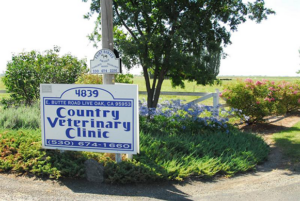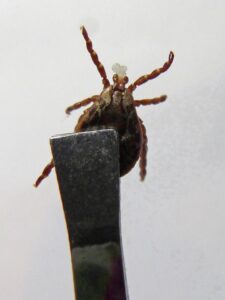Realizing that your pet requires surgery can involve a flood of emotions. The stress you feel aside, preparing the animal is advisable. It helps ensure that the procedure goes as smoothly as possible. You can do a few things to ease your pet into the procedure.
Vet Appointment
Before the surgery, you will have a sit down with the vet. They will explain the operation and ask questions about your pet’s medical history. Tell them about any medications your pet is on and all allergies and behaviors.
Afterward, they will examine the animal to ensure it is fit to undergo surgery. If it is overweight, the vet may recommend a weight loss program before the operation. Excess weight hampers anesthesia and can lengthen downtime after surgery.
Days Before Surgery
A few days before the operation, the vet will take blood samples of your pet. These help determine the function of their organs and general body health. During this time, they can realize any internal issues that may be less visible under routine physical exams. The vet will also run an ultrasound and radiograph to better view the surgery area.
Feeding
Like humans, pets need to have empty bellies before surgery. Fasting helps reduce the chances of developing chronic reactions to anesthesia or sedatives. As a parent, try keeping your pet busy; distract them or hide food to help in this endeavor.
Give your pet plenty of fluids before the appointment day. Hydration helps keep their vital organs healthy and regulate blood pressure during surgery. Start giving them plenty of fluids at least one day before the operation.
Hygiene
Bathing your furry friend is vital before going under the knife. Their fur traps dust and all forms of dirt and requires that you wash it thoroughly. It also eases the vet’s access to the pet’s operation area. Washing the animal before surgery is essential since you will not wash them immediately after due to the surgical wound.
When grooming your pet, ensure that you clean their ears. Do some nail trimming if necessary and brush the hair. Avoid rough play and long walks before surgery as it may keep their muscles sore longer. Also, wash your pet’s bedding before visiting the vet. Doing this ensures they have a clean, comfortable environment to recuperate with minimal chances of infections.
Postsurgery Care
After the procedure, ensure that you follow your vet’s recommendations and medications. Limit your pet’s movement as the surgical incisions need to heal. Keep a watchful eye for licking or chewing around stitches on the incisions. Monitor their appetite and inform your vet if you notice any changes.
When you bring your pet home after the procedure, it may seem groggy for approximately two days. Ensure that the environment is comfortable and quiet to promote recovery. Keep them away from other pets, especially if they have high energy. Talk to your vet about normal and abnormal postsurgery characteristics and how to administer pain medication.
For more on how to prepare your pet for surgery, visit Country Veterinary Clinic at our office in Live Oak, California. Call (530) 491-4500 to book an appointment today.



